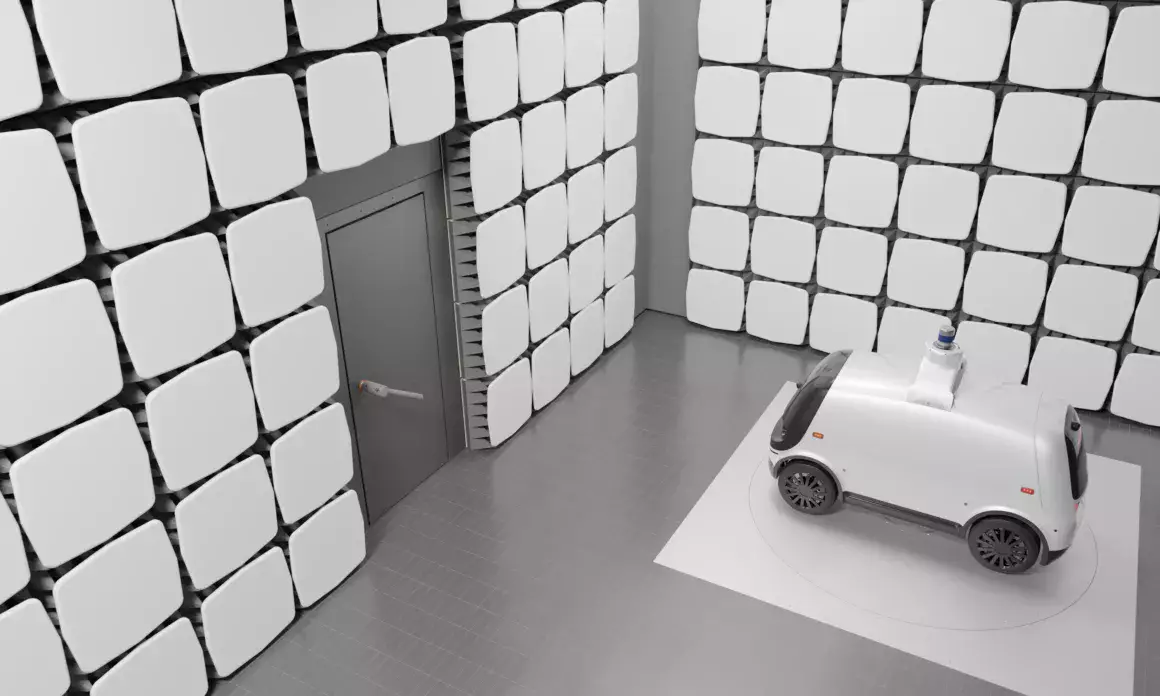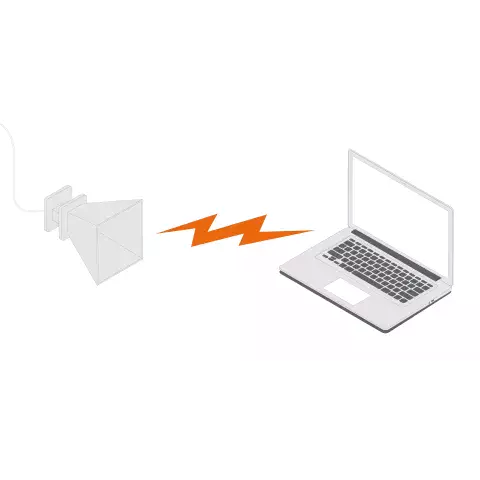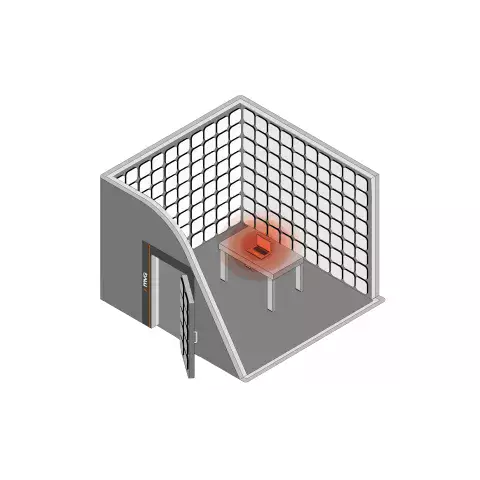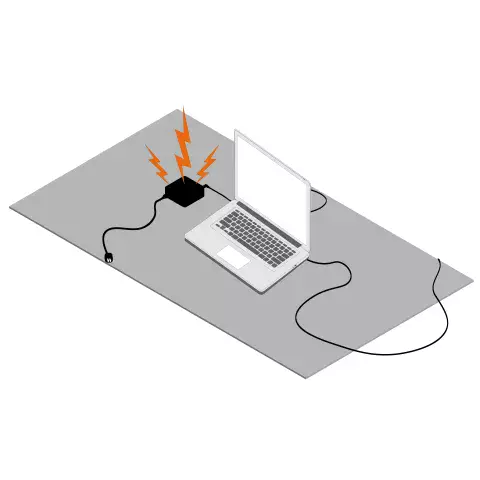
Topic overview

What Is Electromagnetic Compatibility (EMC), Electromagnetic Interference (EMI), & Radio Frequency Interference (RFI)?
There are billions of electrical and electronic devices produced around the world every year. In most cases, there are devices considered critical use, such as those employed by military/defense, public safety, fire fighting/rescue, government services, aerospace, etc. There are also other tiers of devices, such as automotive, naval, consumer electronics, industrial electrical/electronics, and more.

EMC Standards In A Nutshell
EMC standards are different around the world. There are a plethora of different regulatory agencies and standards bodies involved with EMC standards. Hence, it is not always straightforward to determine which EMC standards are relevant for a given product in a given market. In most cases, EMC standards vary based on the geographical region, market, and each of these regions or markets may have different regulations based on the industry or application the product is intended for.

EMC Emissions Testing
EMC Emissions testing is often considered the pinnacle of EMC testing in terms of how critical it is in getting a product certified for market. Virtually every region in the world has radiated emissions limits standards, with some wide variation depending on the application and where the equipment is intended to be used.

EMC Immunity
Every electrical and electronic produces electromagnetic emissions, both radiated and conducted (if another conductive structure is in close enough proximity). Radiated emissions can occur from any non-DC signal stimulating a significantly long conductor, which then is acting as an antenna transducing conducted electrical signals into EM signals, or radiated emissions.

EMC Testing Tools
There are many reasons for a business or laboratory having access to EMC testing tools. The main reason would be for precompliance testing of a business's products during development. Precompliance testing, is a catch-all term that is applied to all EMC testing that is done prior to official EMC testing. EMC testing must be performed by an accredited EMC test facility to very stringent standards.

